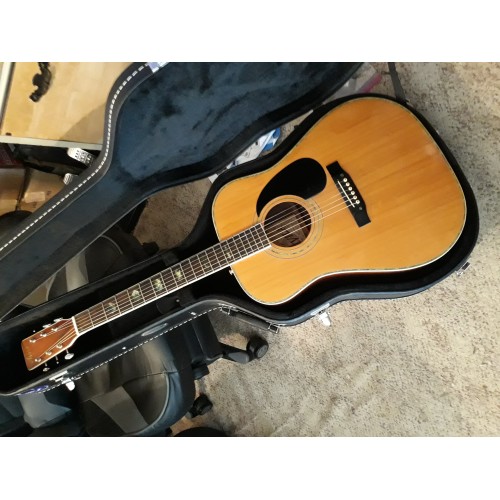
Avila Acoustic Guitar
- Brand: Avila
- Product Code: AV795
- Availability: 1
$995.00
Description
The Avila acoustic guitars from the mid-1970s were part of a broader trend during that era where many guitar manufacturers in Japan and South Korea produced replicas or "copycat" versions of popular American guitar models. These guitars were often marketed under various brand names and were intended to offer more affordable alternatives to well-known brands like Gibson, Martin, and Fender. The Avila brand is one of several that appeared during this period, known for producing guitars that imitated the designs of these major American companies.
Background on the "Copycat" Lawsuits:
In the 1970s, American guitar companies began to notice that these imported guitars were becoming popular due to their quality and affordability, but also because they closely resembled the original American designs. This led to a series of legal actions, most notably by Gibson, which sued several Japanese and South Korean manufacturers for trademark infringement, claiming that the copies were too close to their original designs, especially in terms of headstock shapes, body designs, and other distinctive features.
Avila Guitars:
The Avila brand was one of many involved in this wave of litigation. These guitars were produced in South Korea and were typically distributed by companies in the U.S. under various brand names. The exact manufacturer of Avila guitars is not widely documented, as many of these brands were produced in bulk by factories that also made instruments for multiple other brand names.
Quality and Collectibility:
Avila guitars, like many other copycat instruments from that era, were known for being well-made despite their lower price points. Today, these guitars are sometimes sought after by collectors and players who appreciate vintage instruments, especially those who are fans of the "lawsuit era" guitars. However, the brand does not carry the same level of recognition as others like Ibanez, which also made copycat guitars but later established itself as a significant brand in its own right.
Conclusion:
The Avila acoustic guitars from the mid-70s are an interesting part of the history of guitar manufacturing, representing a time when South Korean and Japanese manufacturers began to have a significant impact on the global guitar market. While they may not be as well-known as some of the other brands involved in the "copycat" lawsuits, they are part of the broader story of how these legal battles helped shape the guitar industry in the decades that followed.
If you're looking to purchase or evaluate an Avila guitar, consider that its value may lie more in its historical context and vintage appeal rather than brand recognition.

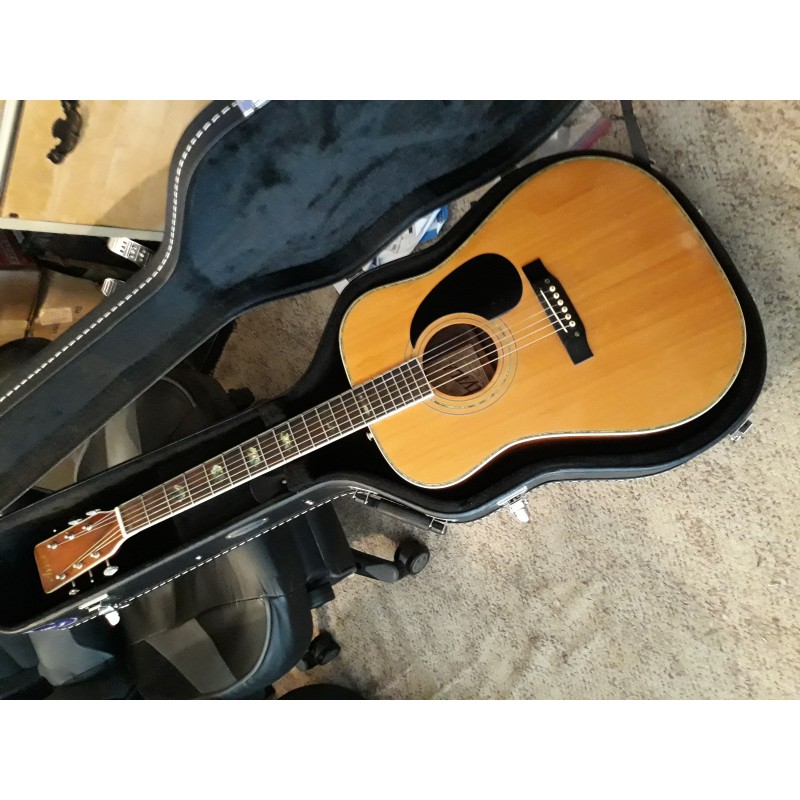
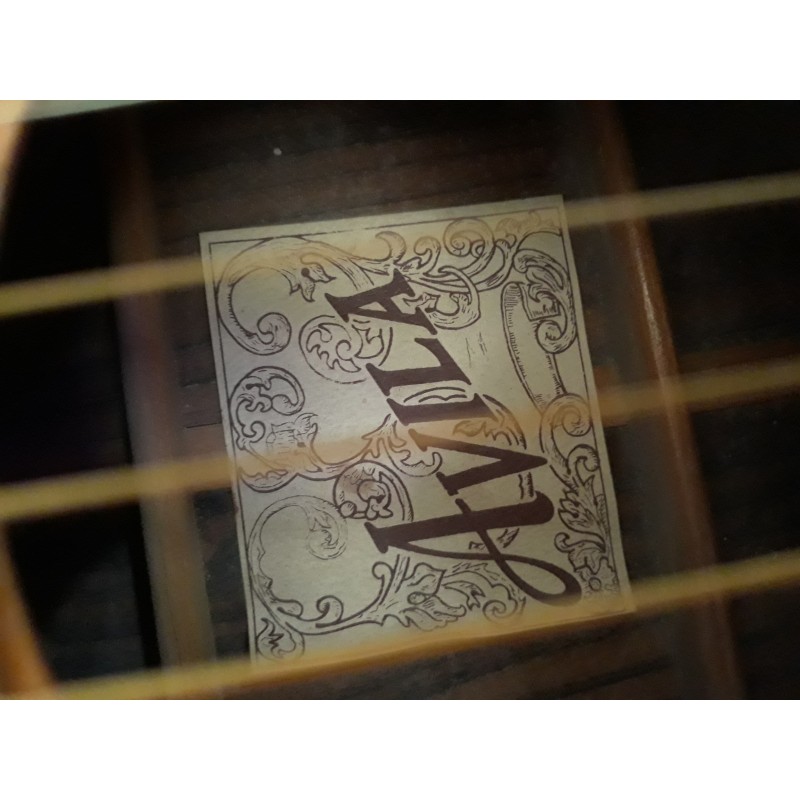
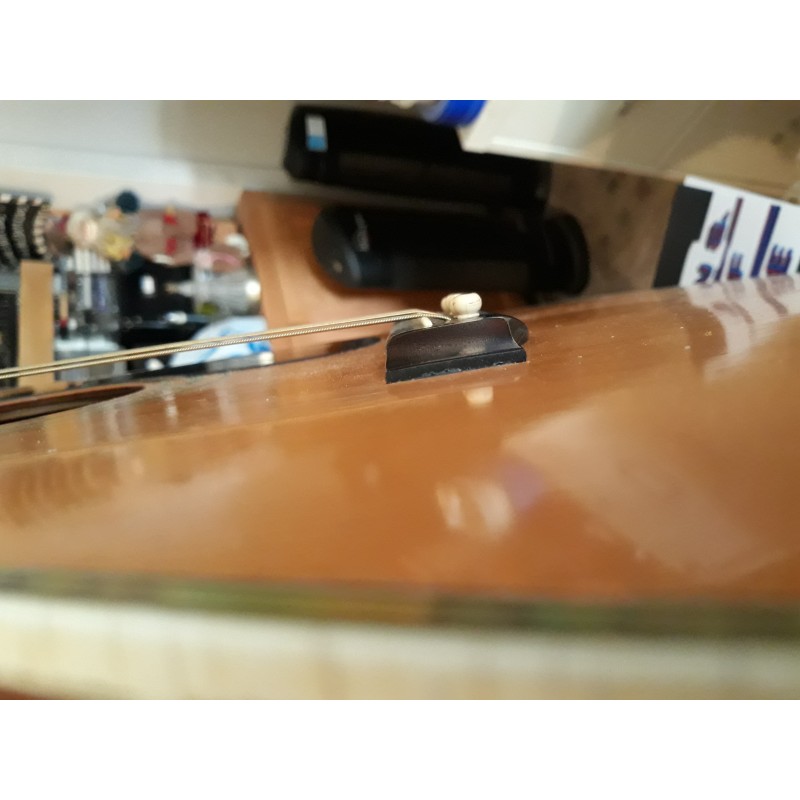
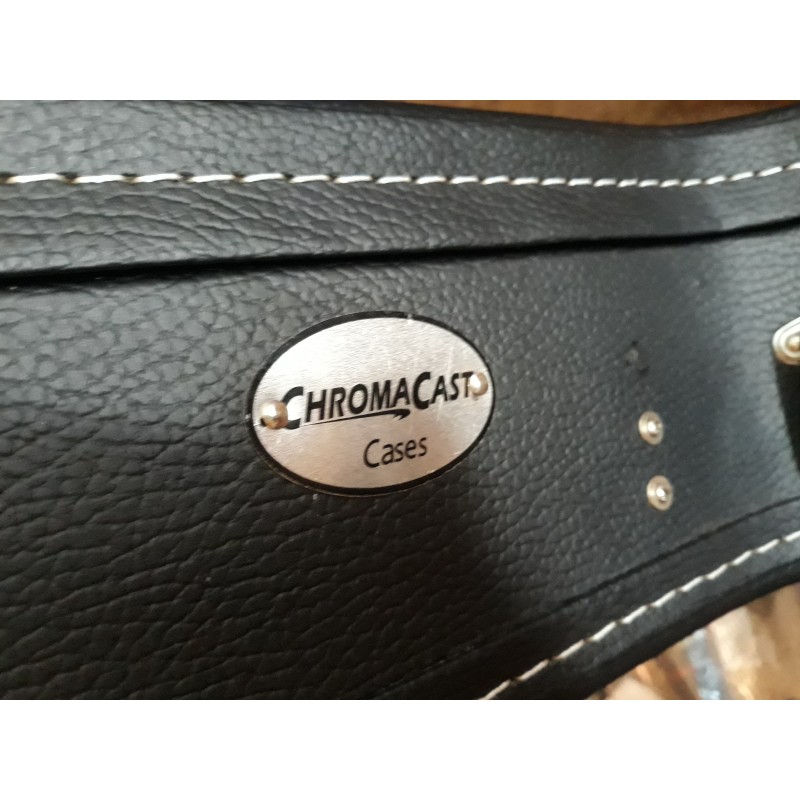
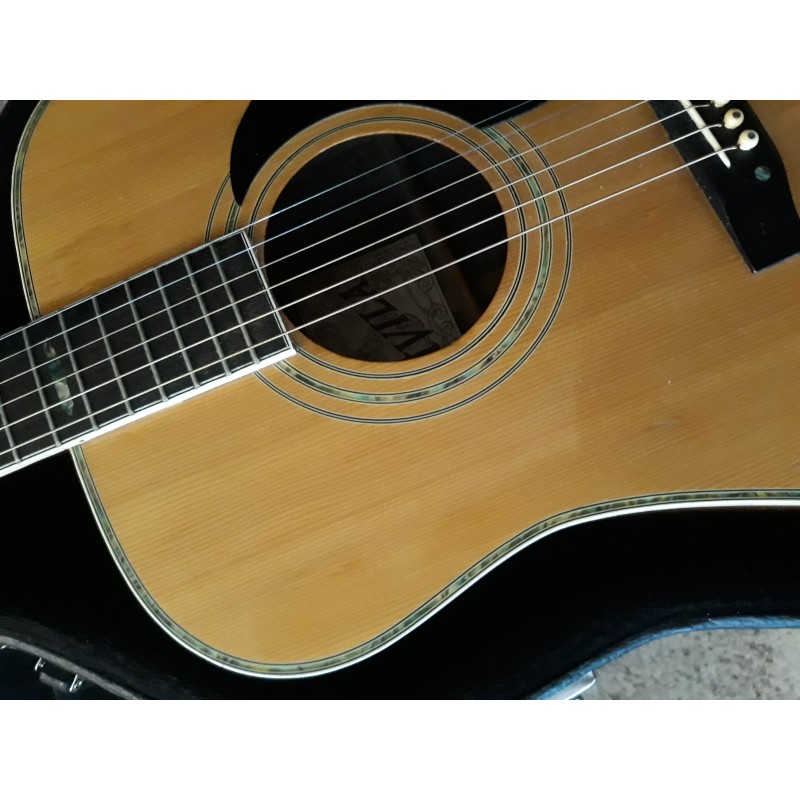
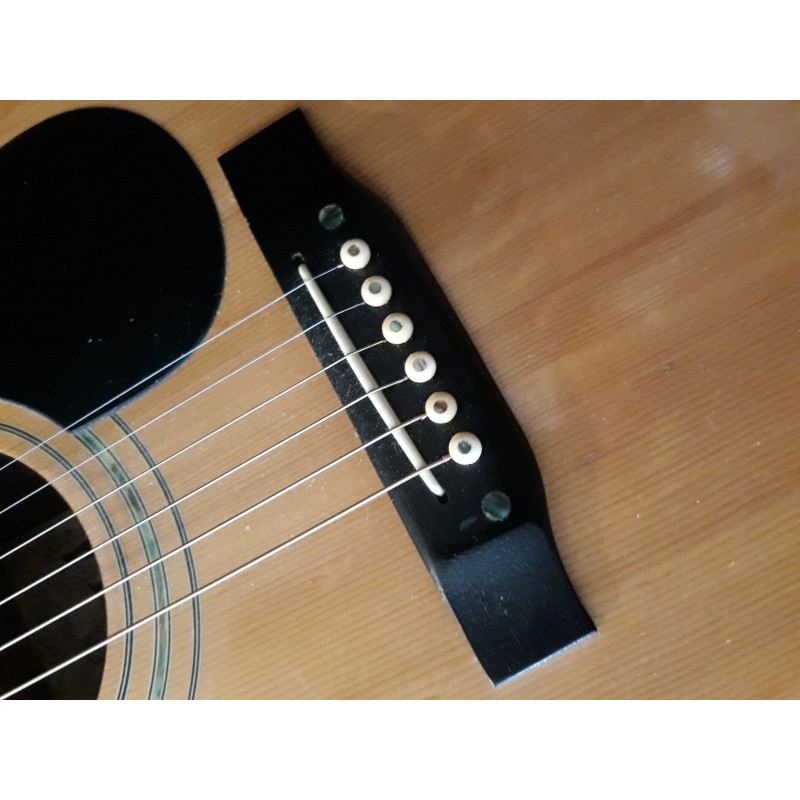
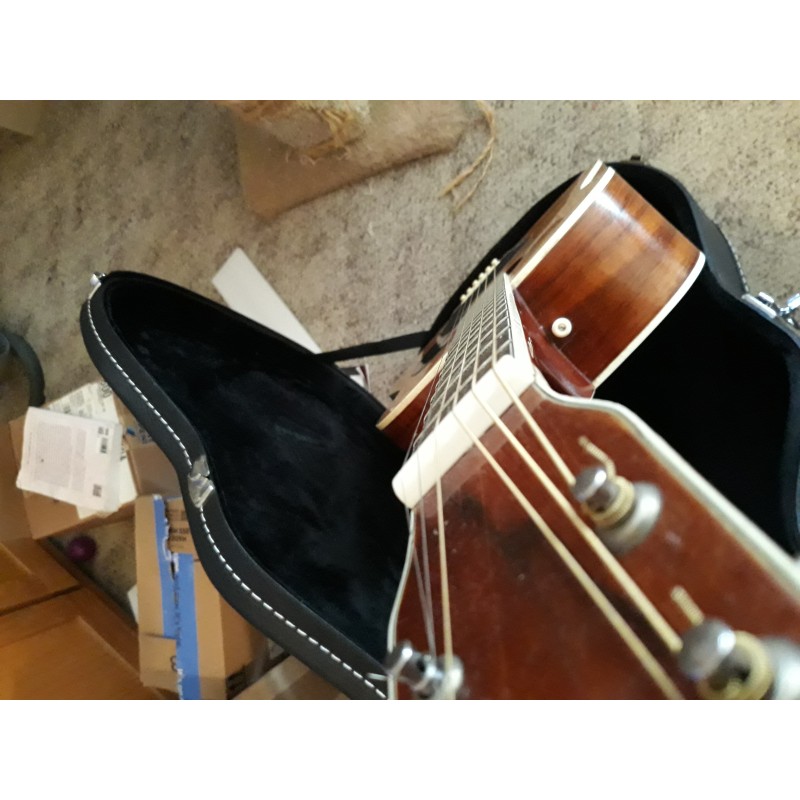
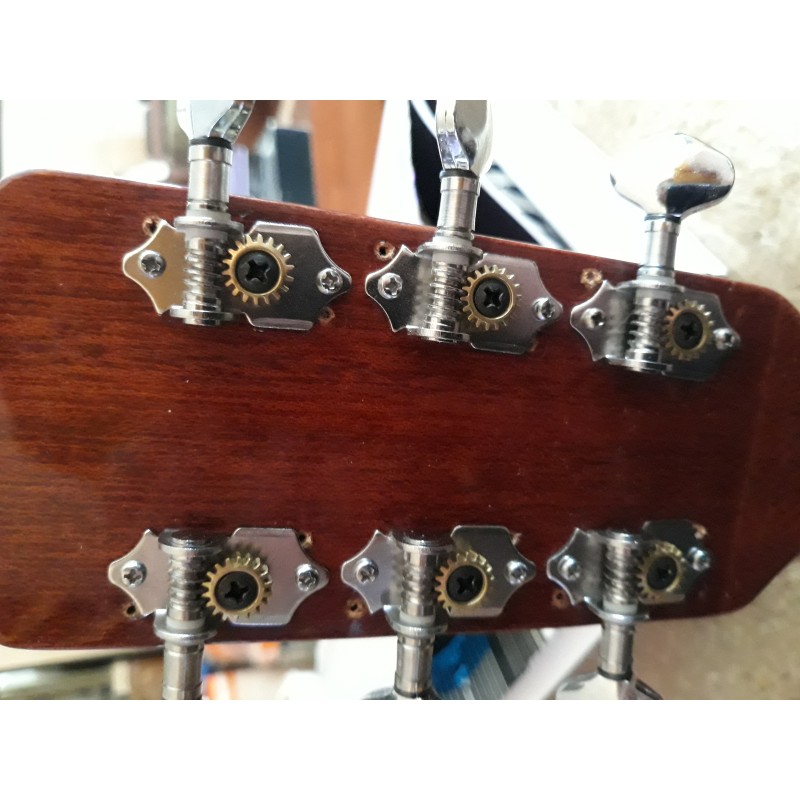
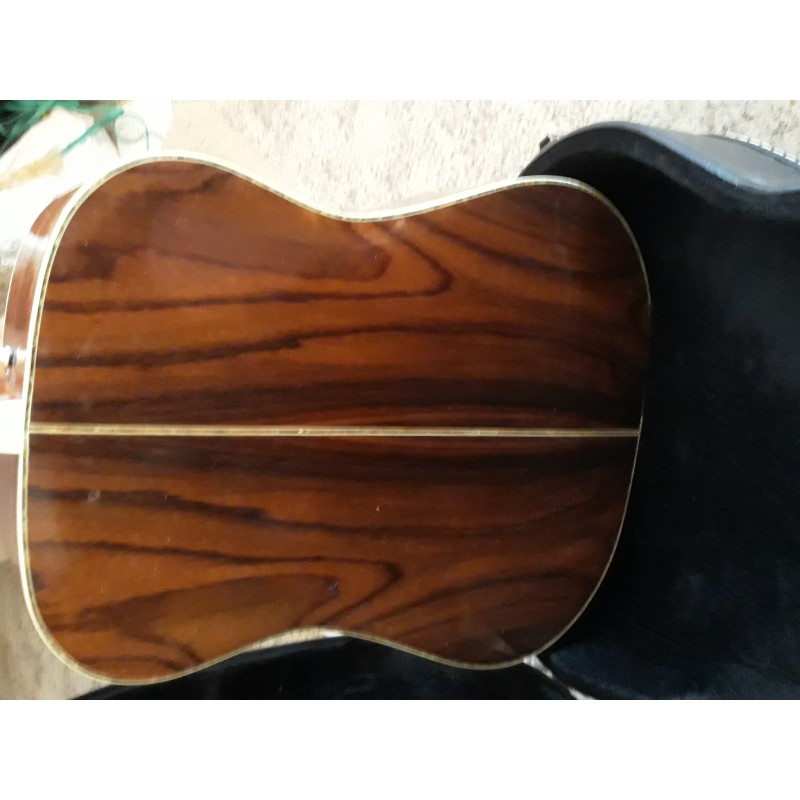
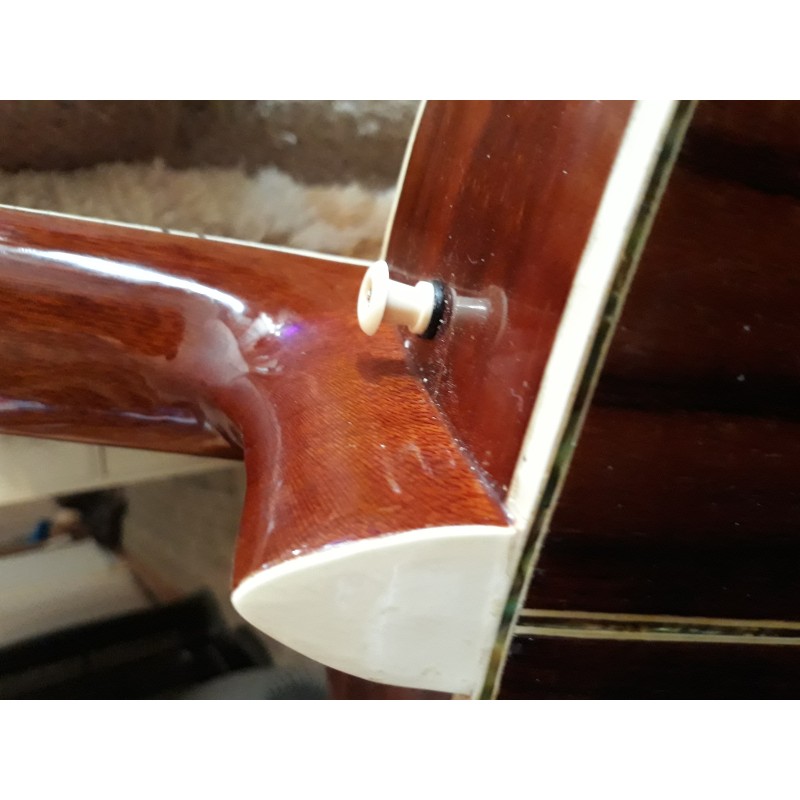
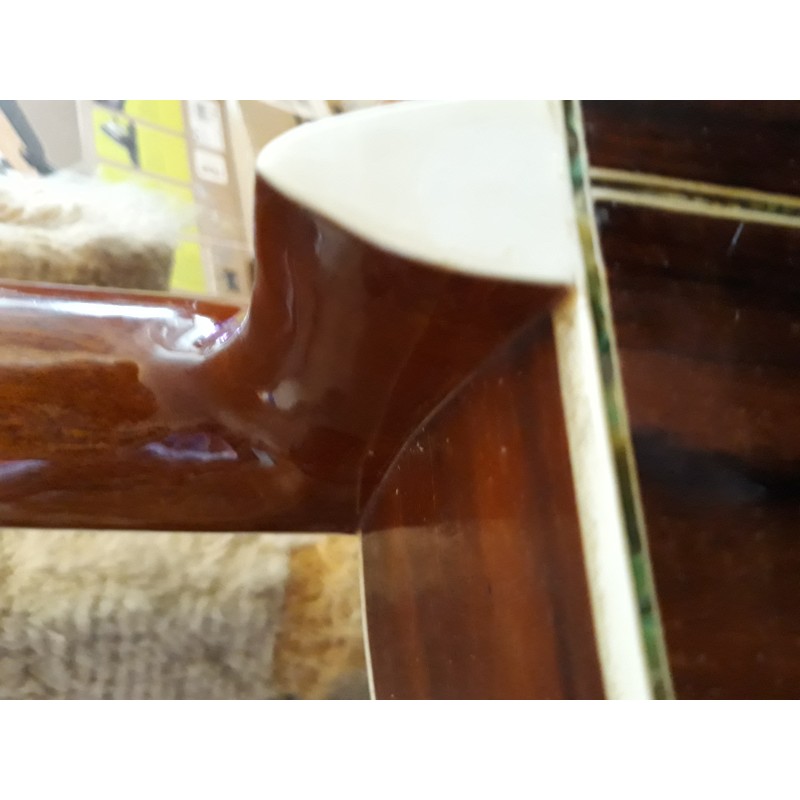
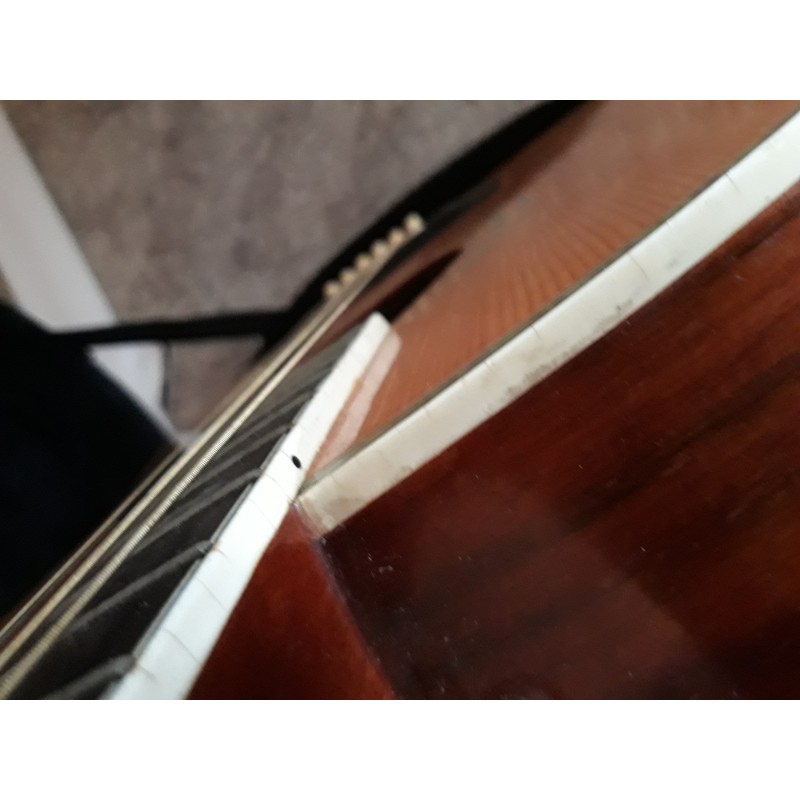
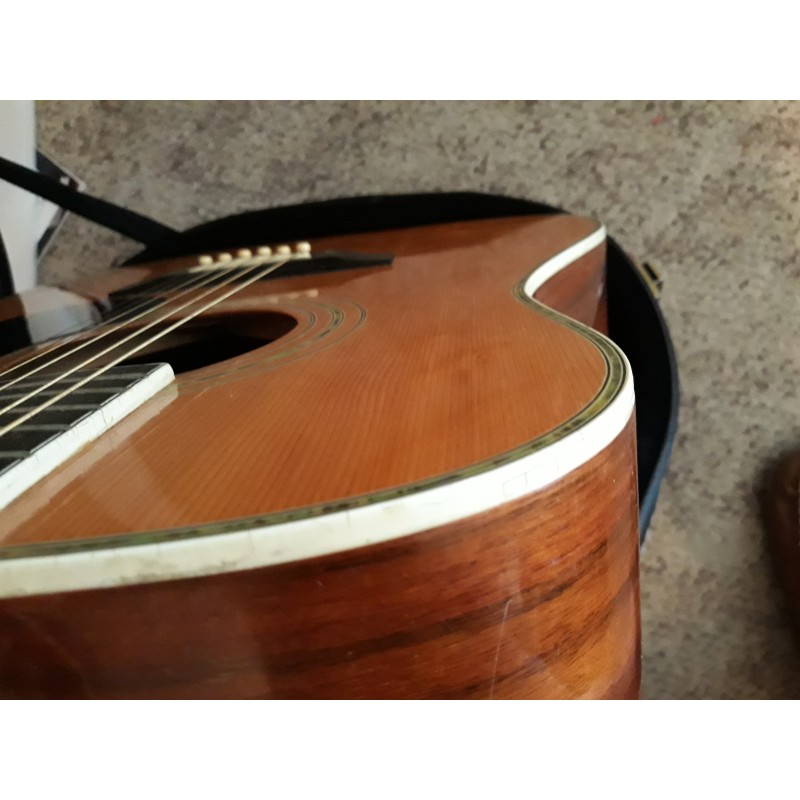
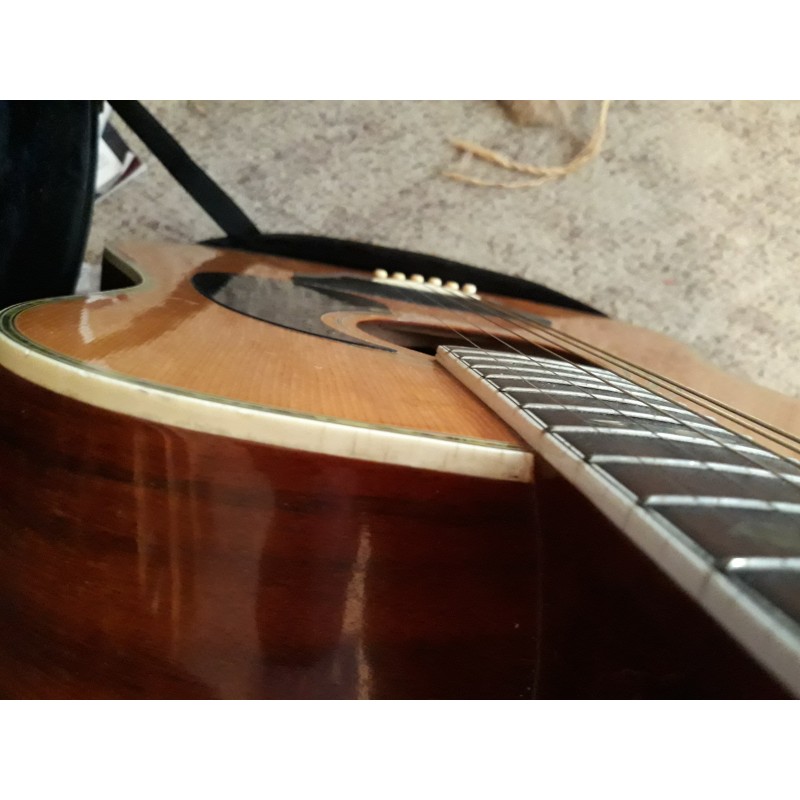
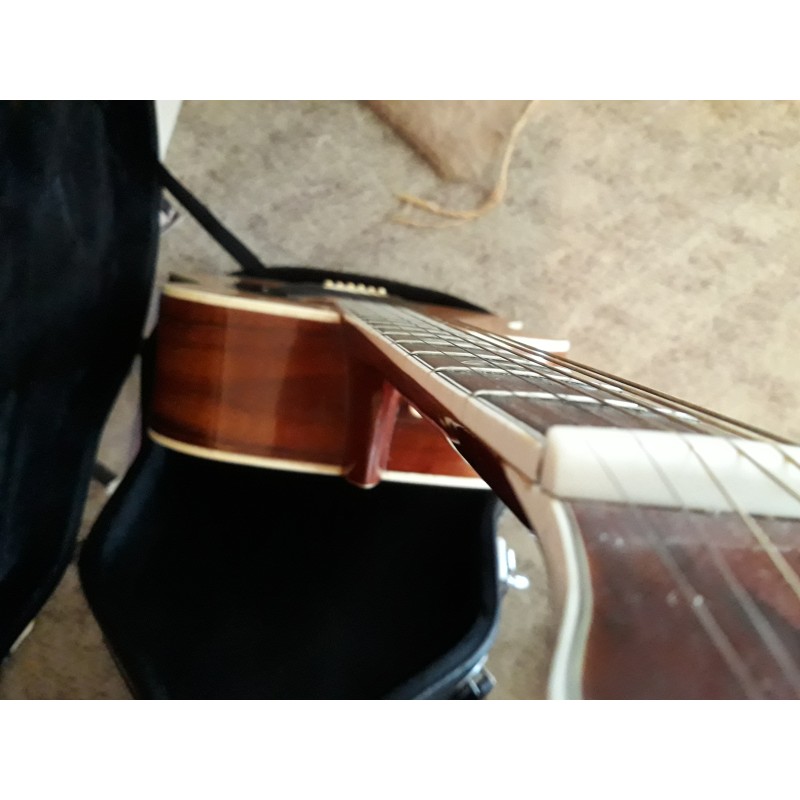

 Pay over time with Affirm
Pay over time with Affirm





















